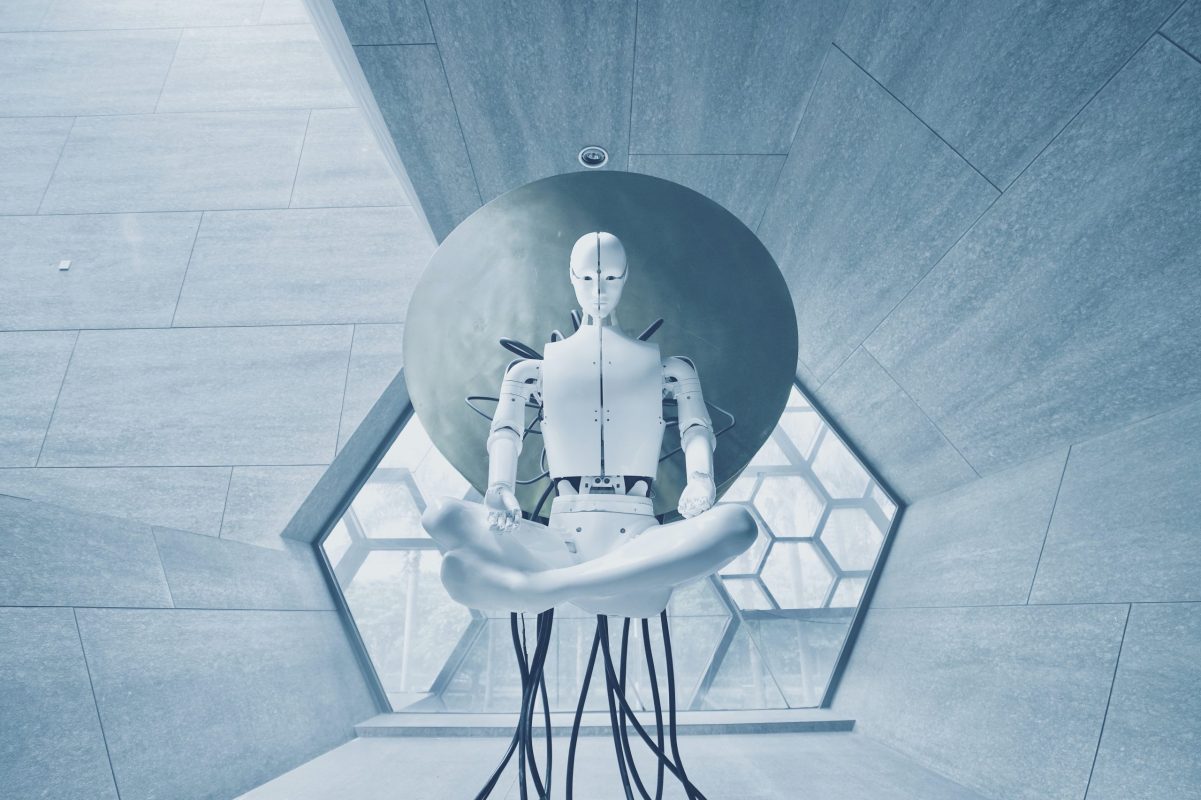news
The Turing Test for Thinking Machines Has Been Passed

For the first time ever, the Turing test — which gauges a machine’s ability to imitate humans — has been passed. The Turing test, created by Alan Turing in 1950, is not aimed at figuring out if machines can think, but if they can fool humans into thinking they think. The test has long been famous in artificial intelligence circles. The Washington Post reports:
This go-round, a Russian-made program, which disguised itself as a 13-year-old boy named Eugene Goostman from Odessa, Ukraine, bamboozled 33 percent of human questioners. Eugene was one of five supercomputers who entered the 2014 Turing Test.
Robot overlords. Apocalypse. Robocats and android dogs living together. Spike Jonze as Nostradamus. Etc.
UPDATE: Some sources are claiming that the media was duped here, and the chatbot apocalypse is on hold for now. From Wired:
“There’s nothing in this example to be impressed by,” wrote computational cognitive scientist Joshua Tenenbaum of MIT in an email. He added that “it’s not clear that to meet that criterion you have to produce something better than a good chatbot, and have a little luck or other incidental factors on your side.”









